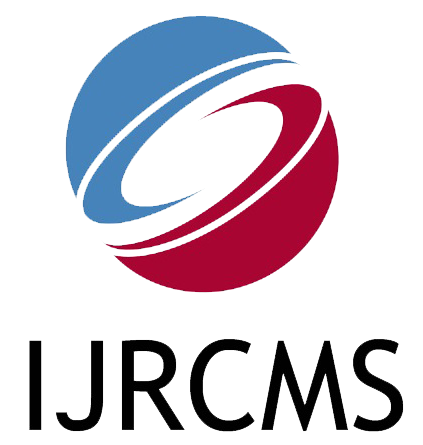| Title: REVIVING INDIAN TRADITIONAL CRAFTS THROUGH E-COMMERCE AND GLOBAL TRADE |
| Author: Debashis Neog |
| Abstract: In consequence, the idea of resurrecting the Indian traditional handicraft through e-commerce and global circuits has revolutionized the handicraft industry and secured business viability for artisans. Handmade traditions of Indian fabrics, pottery, metals and woods formed a strong history which has had problems like falling customers, an influx of the industrial and machinery products and shrinking number of artisans. However, recent mega online markets such as Amazon, Etsy, E-tails, and exclusive Indian sites, etc., are helping small artisan groups to straight away through their products to the international markets without involving several middlemen and retrieving actual prices a bit. Schemes like Make in India, Vocal for Local, and One District One Product (ODOP) are helping to teach local artefacts to the world. Increasingly, traditional marketing approaches are complemented with social media and modern techniques help bring particular attention to artisans and their creations. However, illustrating these opportunities, digital literacy, logistic issues, control over product quality, and fair-trade practices still pose a huge problem. Drawing from the case of e-commerce, trade policies and interventionist measures in this paper, the author looks at how the artistry can have a sustainable environment in Tanzania. This exposes the weakness in skill development, fund and infrastructure for handcrafted product industries in India for a sustainable future in the IT enhanced global market. |
| Keywords: Indian Traditional Handicraft, E-commerce, Global Market and Make in India |
| DOI: https://doi.org/10.38193/IJRCMS.2025.7220 |
| PDF Download |
| Date of Publication: 31-03-2025 |
| Download Publication Certificate: PDF |
| Published Vol & Issue: Volume 7 Issue 2 March-April 2025 |
International Journal of Research in Commerce and Management Studies (IJRCMS)
ISSN 2582-2292, An open access bi-monthly e-journal
